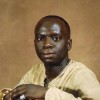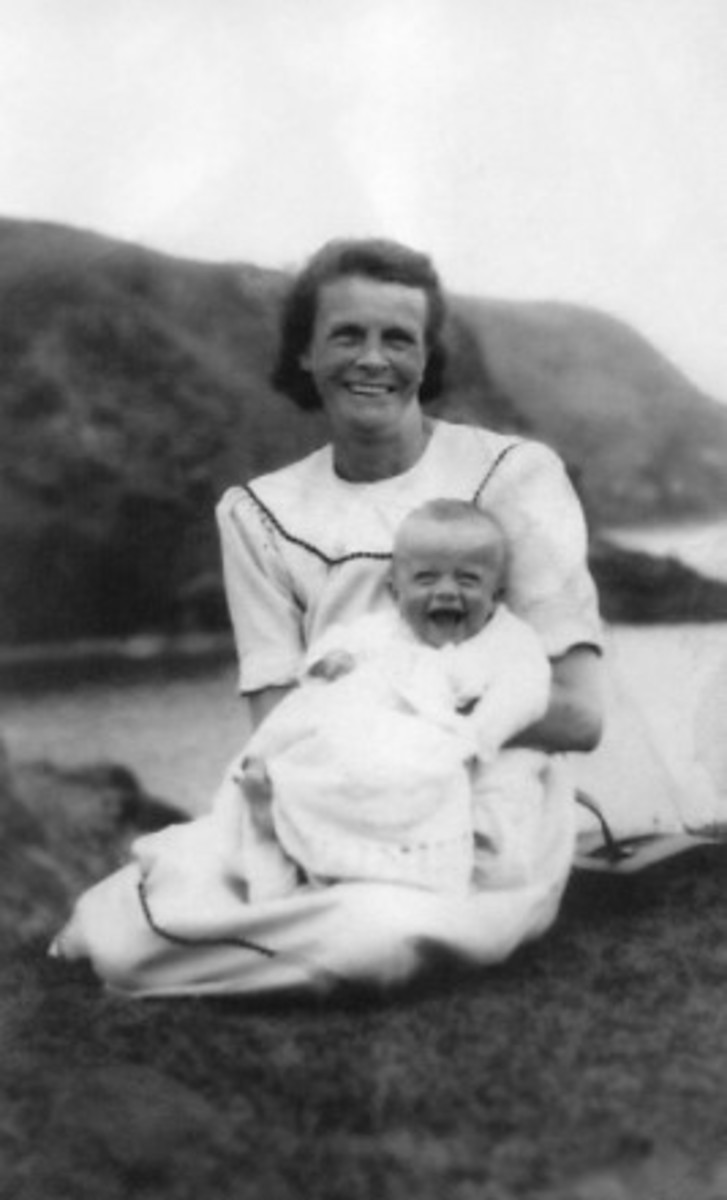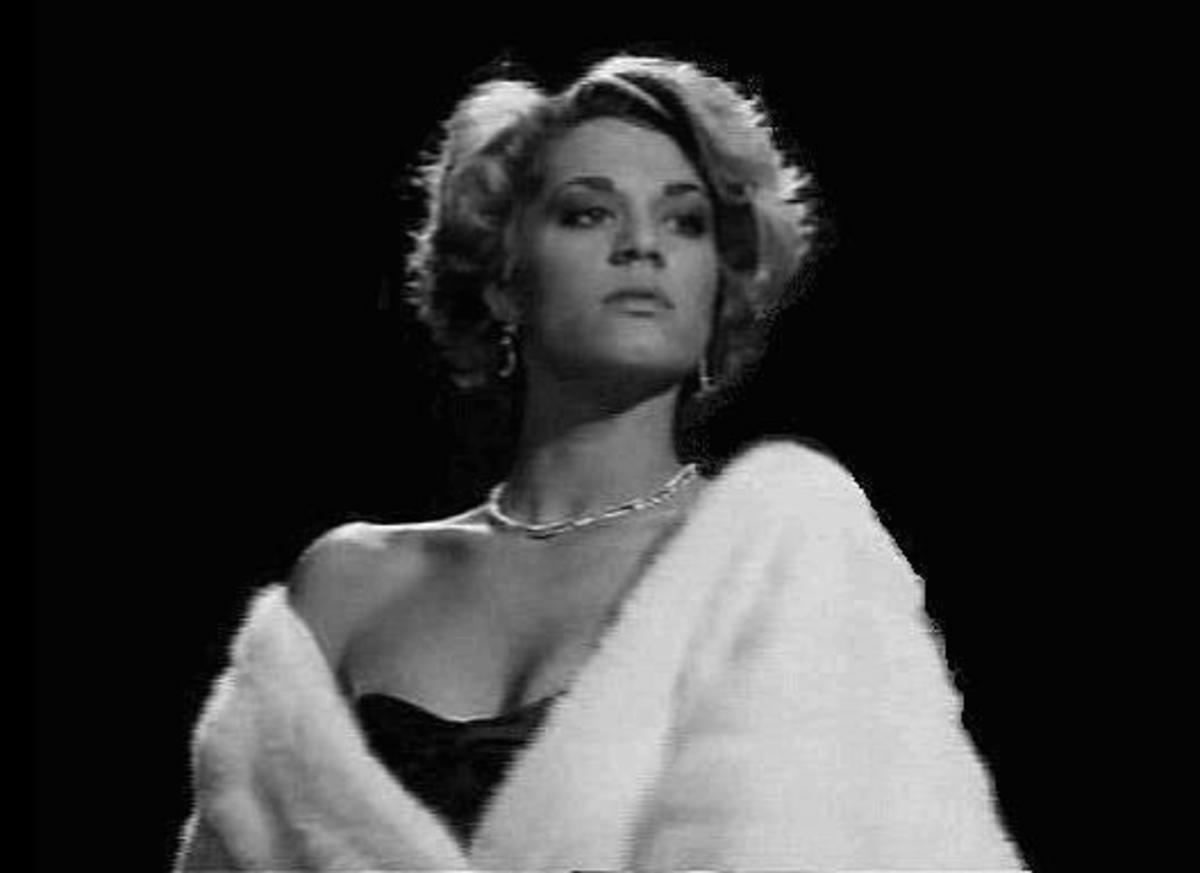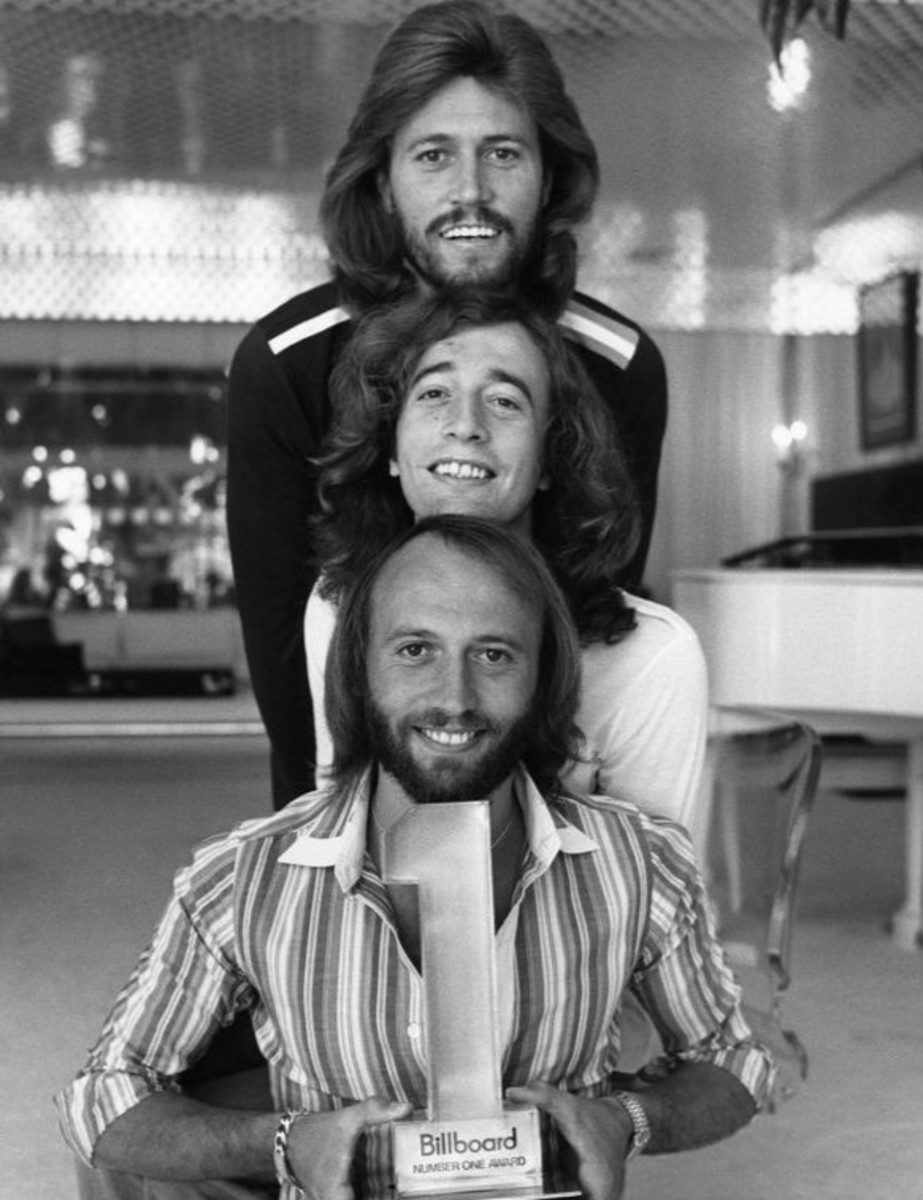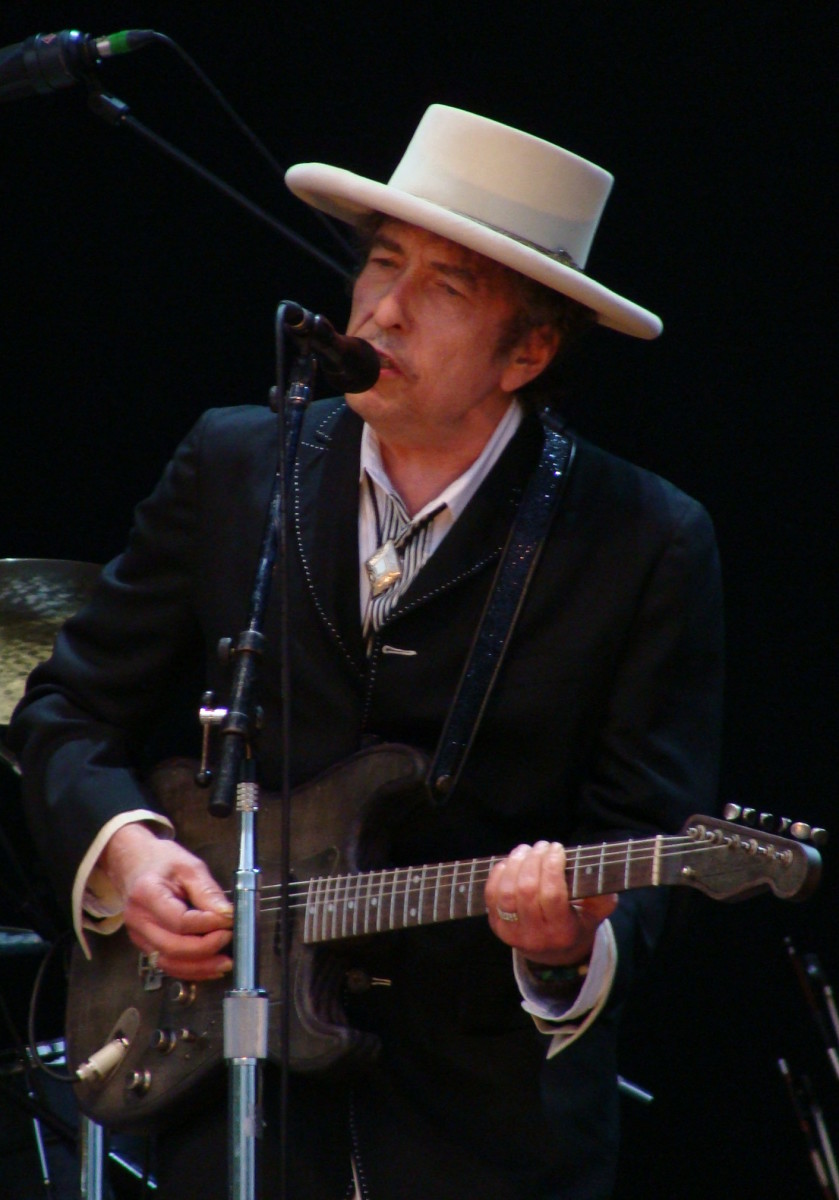A Tribute to the Late Robin Gibb
Robin Gibb Tribute
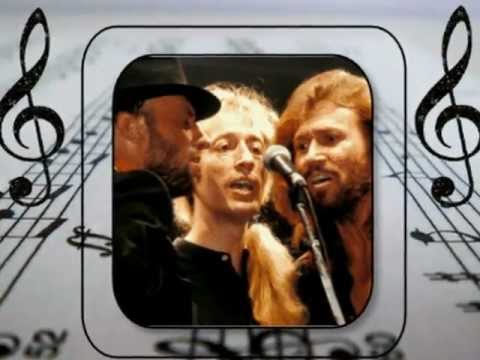
The music industry pays tribute to a disco pioneer
Physically, he had never been larger than life but there is no doubt that Robin Gibb was a giant in the entertainment industry. As a founder of the Bee Gees, the singer was permanently associated with the ‘Saturday Night Fever’ age. His death at 62 years of age was not sudden since he had been suffering from terminal cancer. However his family had been encouraged by his seemingly miraculous ability to recover from unconsciousness.
Therefore the cruel deterioration of his health was both sudden and somewhat unexpected. Fans and members of the music fraternity paid warm tributes. [1]It has been a period of mourning for the entertainment industry. The list of the departed legends includes Michael Jackson, Amy Winehouse, Donna Summer, Whitney Houston and most recently Robin Gibb.
A man who lived life to the full and entertained the world
Dozens of chart hits are a testament to the enduring power of the singer. His band was largely supported by his brothers one of whom died tragically, leaving Robin Gibb absolutely devastated. His protracted battle with a deadly disease showed off his courage at its best. The tight white outfits are very much part of the Bee Gees magic. They would not look out of place in a 20th Century style chronicle.
Three brothers formed a band that won the world over and over again. Their songs are the fodder for weddings and other festivities. As a singer and songwriter, Robin managed to turn the disco subculture into an international phenomenon. Perhaps his most memorable composition was the soundtrack to the film ‘Saturday Night Fever’. The catchy song ensures that the 1970s will never be completely forgotten.
Experts in the vocal instrument know that Robin Gibb had the one quality that makes a singer great: his voice was distinct and distinguished. It is easily recognizable almost as if he were performing live. Quavering and penetrating, it did not rely on a warm baritone to bring music to life. Instead it was uniquely poised to sell more than 200 million records. This was a true professional in one of the most competitive industries.
Triumph and tragedy hit the Bee Gees
Robin was devastated when his twin brother Maurice died in 2003. His elder brother Barry was a tower of strength throughout these tribulations. Therefore the grand achievements were sometimes tinged with the tragedy that makes a music legend. That is not to detract from the towering musical talent that the band was generous enough to share with the world.
Their catalogue includes classics such as ‘I’ve Gotta Get a Message to You’, Massachusetts, ‘Stayin’ Alive’ and the soulful ‘How Deep is Your Love’. This is the pop legacy that seems to be timeless and ageless yet permanently associated with the party scene of the 1970s. Who could do falsetto harmonies better than the Bee Gees? Nobody comes close to that sense of excitement and intrigue.
The bouffant hairstyles and impossibly tight white outfits were part of the package. Their toothy smiles instinctively invited a certain priceless rapport with those that heard them. Robin Gibb was both an individual artist and a committed member of the ensemble. He was born in the Isle of Man. His English parents welcomed him on the 22nd of December in 1949.
By those facts he was a child of the Post War era with all its attendant deprivations. Their father Hugh encouraged the three brothers as they started out their ‘child star’ band. It was a natural progression for children born to a father who was a band and a mother (Barbara) who was once a distinguished singer. In 1958 they emigrated to Australia. There the siblings continued to perform and chose their now famous name ‘Bee Gees’.
The beginnings of an iconic musician and band
Although the Bee Gees achieved a lot of success in Australia, they wanted to expand their sights (into international fame). During the heady 1960s they decided to return to the UK. A major chart feat awaited them when they scored their first Top 20 ranking in both the UK and USAwith the ‘New York Mining Disaster 1941’. At the time nobody really imagined that in 2 decades the disco movement would be gripping the world.
Robin Gibb co-wrote a single titled ‘To Love Somebody’ and Barry took on the lead vocals. It was always a partnership even if there were tensions. Robin quit the group in 1969, a decision that was partly linked his objections to the lead that his brother was taking at the helm of the band. As expected; family life and sibling rivalry penetrated their professional lives.
Thankfully the separation was brief. The band regrouped in 1970. It was a very fruitful project and they scored their first US Number 1 with ‘Lonely Days’. The following year they continued with their success with ‘How Can You Mend a Broken Heart’. Al Green did a lot of justice to this hit when he covered it. The soul legend was inspired by the artistic integrity of the piece (that is still valuable today).
Hitting the big party scene with a unique voice
Robert Stigwood managed the band and was largely credited with bringing them to the ‘Saturday Night Fever’ era. He was writing the movie and the band obliged by writing the songs in less than 10 days. At that time the Disco movement was already established but it needed the unique genius of the Bee Gees and other artists to bring it to the popularity it eventually enjoyed.
When the disco boom faded, their sales took a hit. This inspired the members to start solo careers. Robin Gibb was good at it and scored a number of hits. However a force of nature seemed to be pulling the brothers together. By 1987 they had staged a major comeback as a group. Their story reads like an epic story of the music industry. Only one is left to carry on the legend.
Who was Robin Gibb?
Those who knew him intimately say that he was a very sensitive man who was also a teetotal vegetarian. The stereotypes of a music legend are at odds with this character. Most people expect that famous stars are going to be histrionic, unreasonable, high and totally messed up. That is not to say that Robin Gibb was a prude. His love life is as colorful as anything that has ever been printed.
The tributes concentrated on the vocal delivery. DJ Mike Read said that "Robin had the voice, the pathos, and he was a great writer." [1] It is true that “he had a gift for melody and a gift for lyrics and left a phenomenal legacy, a phenomenal catalogue." The singer was a friend to politicians of gravitas including John Prescott (of the Labour Party in the UK) who paid a typically direct tribute: “A good friend, a brilliant musician and a man who turned all of us into wannabe Travoltas!”
The death of his brother was a hard blow for the sensitive singer. When he could bring himself to publicly comment on the tragedy, the singer said: "He was part of the fabric of my life. We were kids together, and teenagers. We spent the whole of our lives with each other because of our music. I can't accept that he's dead. I just imagine he's alive somewhere else."
All good things come to an end
It was ironic that Robin was later to contract the bowel condition that had killed his brother. This was then followed by a period of ill health. Nevertheless Robin Gibb continued recording. By 2011 he had finished recording his 1st solo album in nearly 7 years. He called it ’50 St Catherine’s Drive’ but there were hints that he had left himself with room to change the name if appropriate.
18 months ago the singer underwent surgery to deal with complications in his bowel. It was at that time that a tumor was discovered. Consequently he was diagnosed with cancer of the colon which eventually spread to the liver. The realists knew that it was only a matter of time. Last month he fell into a coma after going down with a bout of pneumonia.
His family courageously supported him through the ordeal. At one point it appeared that he had beaten the odds to come back from the coma after the professionals allegedly said that he was “In God’s Hands”. His death was announced on the 20th of May. Robin Gibb’s last performance was in February 2012 at the London Palladium. He was supporting injured service personnel at the ‘Come Home Charity Concert’.
In April he had been scheduled to appear in the premiere of his classical piece ‘The Titanic Requiem’. Ill health prevented him from making a personal appearance but the event went ahead. His family kept the press informed about his courage in the face of adversity. The entire entertainment industry has lost a unique voice, talent and man.
Resources:
- B. Quinn,” Robin Gibb, pioneer of disco, dies at 62”, 21st May 2012, Guardian, http://www.guardian.co.uk/music/2012/may/21/robin-gibb-pioneer-disco-dies?newsfeed=true
